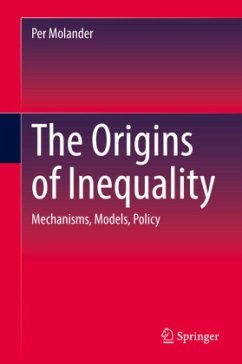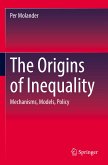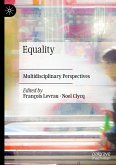This book presents a unified approach to the problem of inequality, combining results from a variety of research fields - the human life cycle, group dynamics, networks, markets, and economic geography. Its main message is that inequality emerges as the natural result of mechanisms operating both in individual human development and in social interaction. It posits that inequality is not an anomalous deviation from a naturally egalitarian social structure; quite to the contrary, inequality is to be expected as part of the human condition. The author states that the growth of inequality, on the other hand, is not a natural law - the level and character of inequality can be affected by collective decisions. This perspective on human inequality has potentially far-reaching consequences both for the political philosophy of inequality and for public policy-making.
This book is of interest to a wide interdisciplinary social science readership, including public policy, decisionsciences, economic geography, and life course studies.
This book is of interest to a wide interdisciplinary social science readership, including public policy, decisionsciences, economic geography, and life course studies.
"The Origins of Inequality. Mechanisms, Models, Policy is a thoughtful and thought-provoking survey of studies on the causes, conditions and factors associated with inequality. Viewed as a survey it is quite comprehensive and suitable for independent study as well as for classroom use. ... Molander aims at - and to a large extent succeeds in - making sense of the processes that result in inequalities. ... Molander makes a strong case to the contrary. The case is well worth studying in detail." (Hannu Nurmi, The Journal of Economic Inequality, Vol. 20, 2022)








